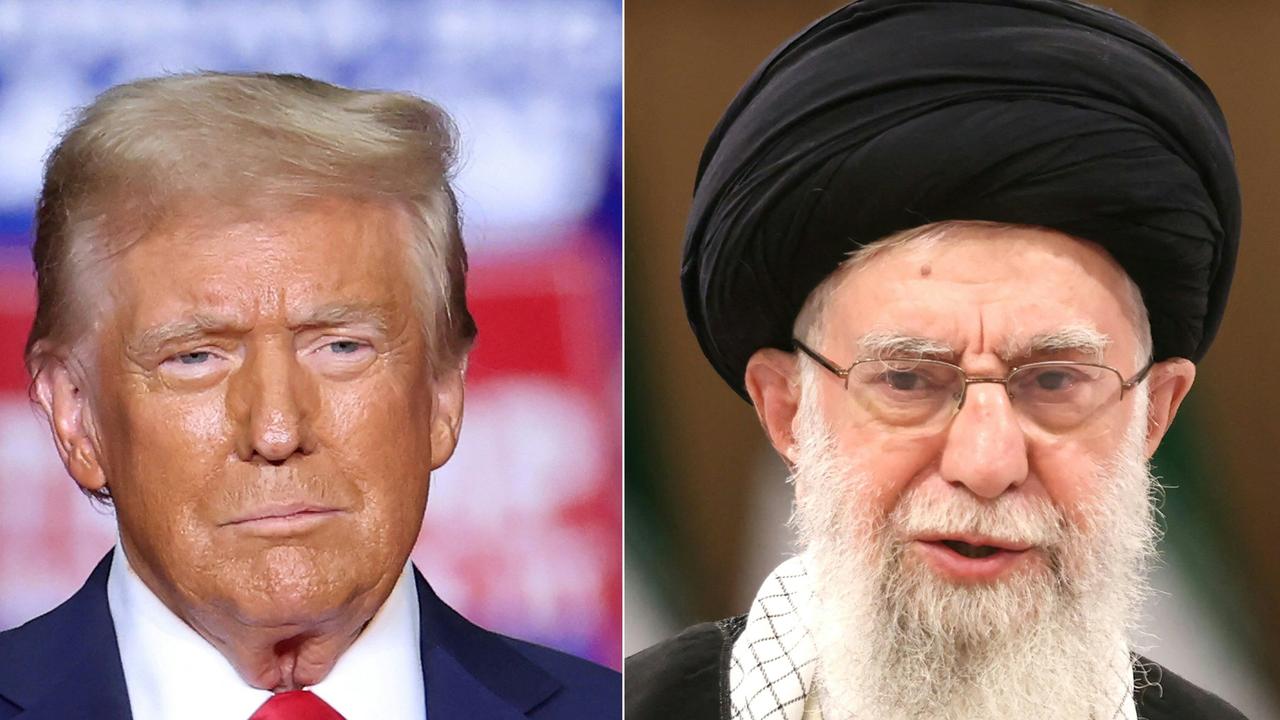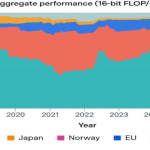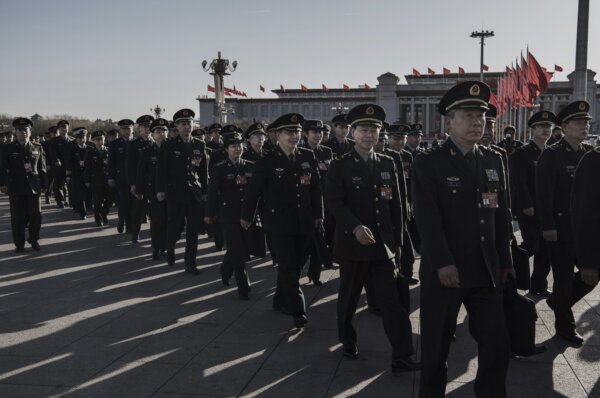On June 9, 2025, President Donald Trump rejected Iran’s latest counter-proposal in ongoing nuclear negotiations, calling it “just not acceptable.” The announcement came after a phone call with Israeli Prime Minister Benjamin Netanyahu, where Trump emphasized the United States’ goal of securing a deal to prevent conflict with Iran. However, with both sides at odds over uranium enrichment, the path to an agreement remains uncertain, raising fears of escalating tensions in the Middle East.
A Stalled Negotiation
The U.S. and Iran have been locked in talks to address Iran’s nuclear program, seven years after Trump withdrew from the 2015 nuclear deal during his first term. The current negotiations, mediated through indirect talks, aim to reset relations and curb Iran’s nuclear ambitions. A key sticking point is Iran’s insistence on continuing uranium enrichment on its soil, which the U.S. opposes, citing concerns that it could lead to nuclear weapons development. Iran maintains its program is for peaceful purposes.
Last week, the U.S. presented a proposal to Iran, reportedly offering a compromise where Iran could enrich uranium to low levels (3-5%) for civilian use until a regional consortium could supply nuclear fuel. However, Iran’s Supreme Leader Ayatollah Ali Khamenei rejected the proposal, calling it “100% against” Iran’s interests. On June 9, Iran submitted a counter-proposal, which Trump quickly dismissed, stating, “They seek enrichment. We can’t have enrichment.” Iranian Foreign Ministry spokesperson Esmaeil Baghaei defended their counter-offer as “reasonable, logical, and balanced,” but claimed the U.S. proposal ignored previous negotiations and offered no sanctions relief.
UN Watchdog Sounds the Alarm
The International Atomic Energy Agency (IAEA), the United Nations’ nuclear watchdog, has intensified concerns about Iran’s nuclear activities. On June 9, IAEA Director General Rafael Grossi warned that Iran has blocked access to both old and new nuclear sites, and evidence suggests Tehran has attempted to “sanitize” locations to hide its activities. In 2020, the IAEA discovered man-made enriched uranium particles at three sites previously linked to Iran’s nuclear program, raising suspicions about undeclared nuclear ambitions.
Grossi also reported that Iran’s stockpile of near-weapons-grade uranium (enriched to 60%) has surged by nearly 35% in three months, from 274.8 kilograms in February to 408.6 kilograms by May 17, 2025. This amount is enough to produce up to 10 nuclear warheads with minimal further enrichment, according to IAEA estimates. These developments have heightened fears that Iran is closer than ever to developing nuclear weapons, a prospect that Israel, a key U.S. ally, considers an existential threat.
Trump’s Warning and Israel’s Role
During his call with Netanyahu, Trump reiterated his desire to avoid “destruction and death” through a negotiated deal. However, he warned that failure to reach an agreement could lead to dire consequences, stating, “It might not work out that way.” Trump has reportedly urged Israel to refrain from military action against Iran’s nuclear facilities while talks continue, though Israel has long vowed to prevent Iran from acquiring nuclear weapons, even if it means acting alone.
The White House has remained silent on the specifics of the U.S. proposal, but reports suggest Trump set a deadline of June 11 for Iran to agree to terms. Meanwhile, Iran is preparing to submit another proposal via Oman, with indirect talks potentially resuming as early as June 15 in Muscat or Oslo. The ongoing deadlock, coupled with Iran’s growing uranium stockpile, has raised the stakes for both sides.
A Region on Edge
The failure to reach a deal could have far-reaching consequences. Iran’s economy has been crippled by U.S. sanctions reimposed after Trump’s 2018 withdrawal from the 2015 deal, and Tehran is pushing for sanctions relief as part of any agreement. Baghaei emphasized that Iran seeks assurances that its banking and trade relations will normalize before agreeing to limits on its nuclear program. Meanwhile, Iran has accused the West of ignoring Israel’s alleged nuclear arsenal while scrutinizing Tehran’s activities.
As negotiations falter, the specter of military conflict looms. Trump’s rejection of Iran’s counter-proposal and his warnings of “death and destruction” underscore the high stakes of these talks. With the IAEA sounding alarms and Israel on high alert, the world watches closely to see if diplomacy can prevent a dangerous escalation in the Middle East.











